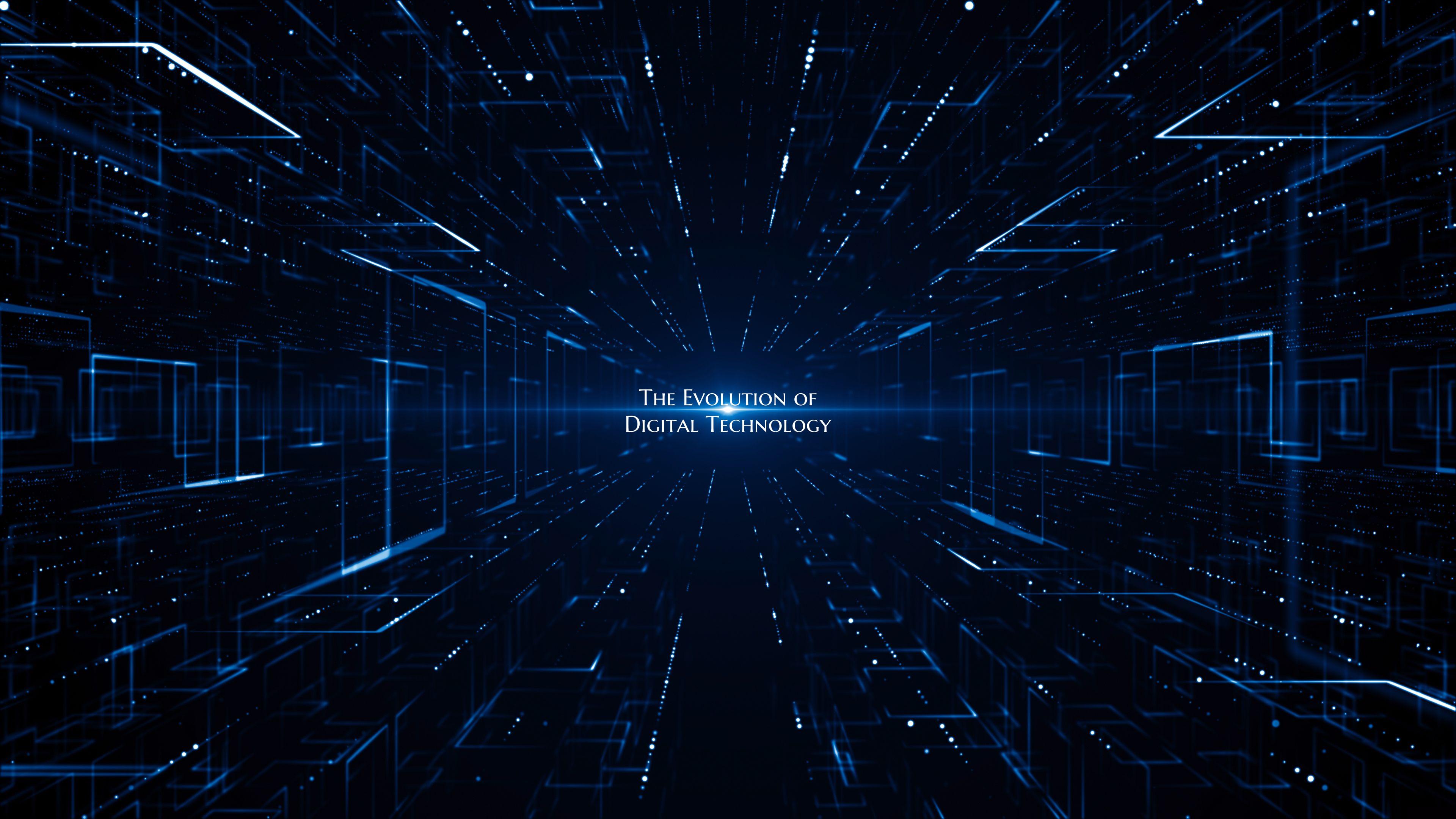The Evolution of Digital Technology
Introduction: Digital technology has revolutionized the way we live, work, and communicate in today's fast-paced world. From the first computers that occupied entire rooms to the handheld devices that fit in our pockets, the evolution of digital technology has been nothing short of remarkable. This article takes a journey through the key milestones in the evolution of digital technology, highlighting the incredible advancements that have shaped our modern society.
1. The Birth of Computing: The roots of digital technology can be traced back to the early 20th century when the first programmable computers were developed. From room-sized machines to desktop personal computers, the computing industry has rapidly evolved over the decades. Innovations like transistors, integrated circuits, and microprocessors have paved the way for faster, smaller, and more powerful computers that are now an integral part of our daily lives.
2. The Internet Revolution: One of the most significant developments in digital technology has been the advent of the internet. From the humble beginnings of ARPANET to the global network that connects billions of devices worldwide, the internet has transformed how we access information, communicate with others, and conduct business. Services like email, social media, and e-commerce have become indispensable tools in our interconnected world.
3. Mobile Technology: The rise of mobile technology has further revolutionized digital communication and computing. The introduction of smartphones and tablets has enabled us to carry powerful computing devices in our pockets, giving us instant access to a wealth of information and services on the go. Mobile apps have become central to how we navigate the digital world, providing endless possibilities for entertainment, productivity, and connectivity.
4. The Internet of Things (IoT): The Internet of Things represents the next frontier in the evolution of digital technology, where everyday objects are connected to the internet, enabling them to collect and exchange data. Smart home devices, wearable technology, and connected appliances are just a few examples of how IoT is shaping our homes and workplaces. The potential for IoT to revolutionize industries like healthcare, transportation, and manufacturing is immense, heralding a new era of innovation and efficiency.
5. Artificial Intelligence and Robotics: Advancements in artificial intelligence and robotics are pushing the boundaries of digital technology even further. AI-powered systems are being used in everything from virtual assistants to autonomous vehicles, revolutionizing how we interact with machines and the world around us. Robotics is transforming industries like manufacturing, healthcare, and agriculture, with robots performing tasks that were once reserved for humans.
Conclusion: The evolution of digital technology has been a continuous journey of innovation and progress, shaping the way we live, work, and interact with our surroundings. From the early days of computing to the interconnected world of the internet and the promise of IoT and AI, the future of digital technology holds endless possibilities for growth and transformation. As we embrace these advancements, it is essential to consider the ethical and social implications to ensure that technology continues to enhance our lives in meaningful ways.

